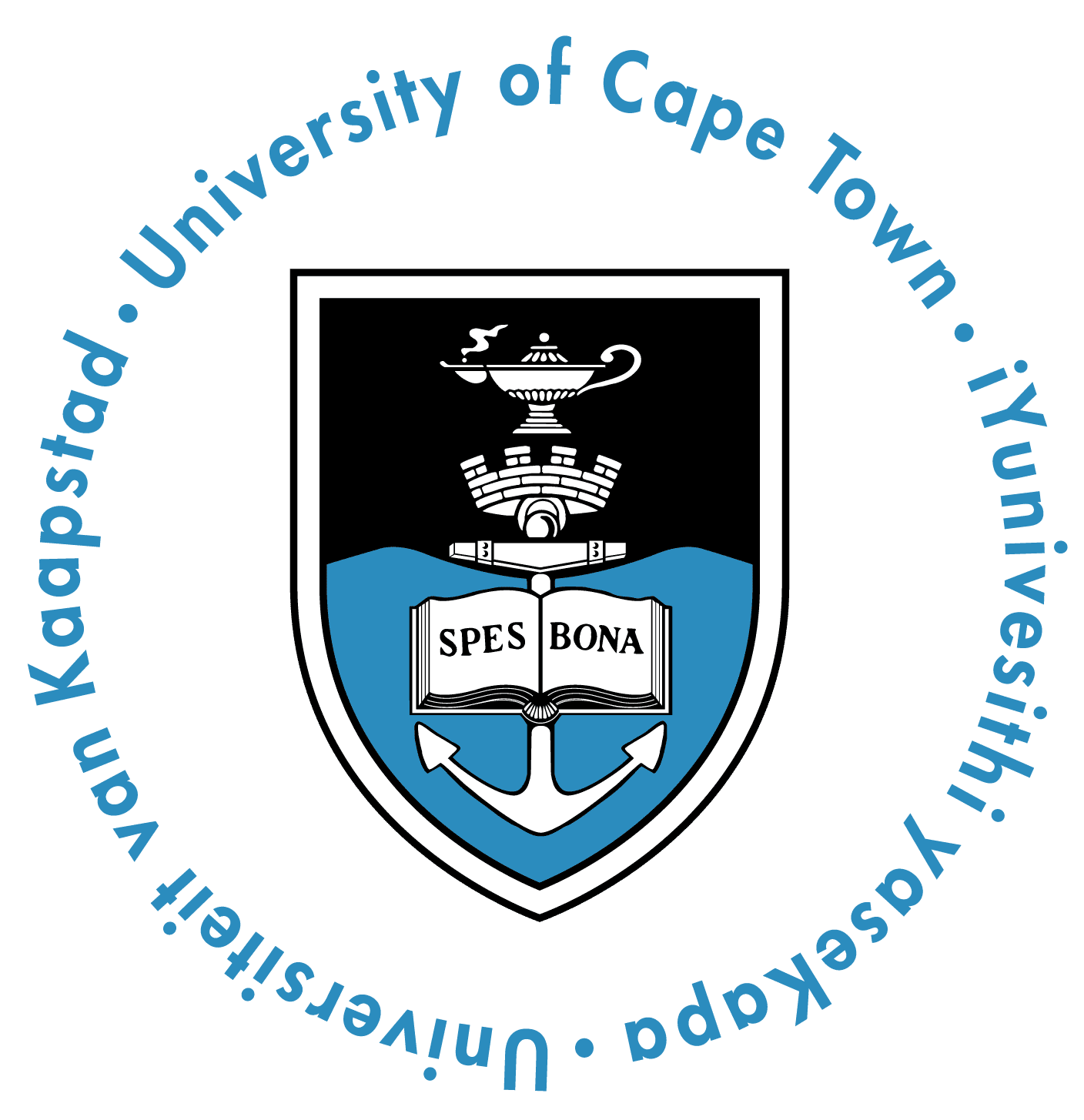The master's programme runs for a duration of two years, leading to a Master of Science (MSc) degree. During each year, students can earn 60 credits (ECTS) and complete the programme by accumulating a total of 120 credits. Credits are earned by completing courses where each course is usually 7.5 credits. The programme contains compulsory courses, elective courses and a master’s thesis.
During the first year, there are six compulsory courses that together provide students with a comprehensive and solid knowledge base in supply chain management. Starting in the second semester, the students can start taking elective courses, and the third semester is completely made up of elective courses. This way, the students can develop individual profiles. Within the Supply chain management field, the students can choose to focus on either industrial marketing and purchasing or logistics and transport. It is also possible to delve deeper into the area of sustainability.
Compulsory courses year 1
During the first year the programme starts with six compulsory courses that form a common foundation in Supply Chain Management. Each course is usually 7.5 credits.
Purchasing and supply management
Freight transport system
Distribution networks
Product flow management
Operation planning and control
Supply chain strategy
Compulsory courses year 2
In the second year you must complete a master's thesis in order to graduate. The thesis may be worth 30 credits or 60 credits depending on your choice.
Master’s thesis
Compulsory elective courses
Through compulsory elective courses, you can then specialize in industrial marketing and purchasing, logistics or transport systems.
Management of physical distribution
Quality management
Sustainable supply chains
International business relationships
Supply chain analytics
Lean management
Sustainable transportation
You can also choose elective courses from various divisions and departments at Chalmers, for example, industrial marketing and purchasing strategies, production networks, technical development in networks, physical distribution, the environmental aspects of logistics, materials handling and manufacturing flow management, seminars and projects in this area.
The programme ends with a master’s thesis. The thesis can be written as part of an ongoing research project or as a project in an industrial company or public organization.
Show less












